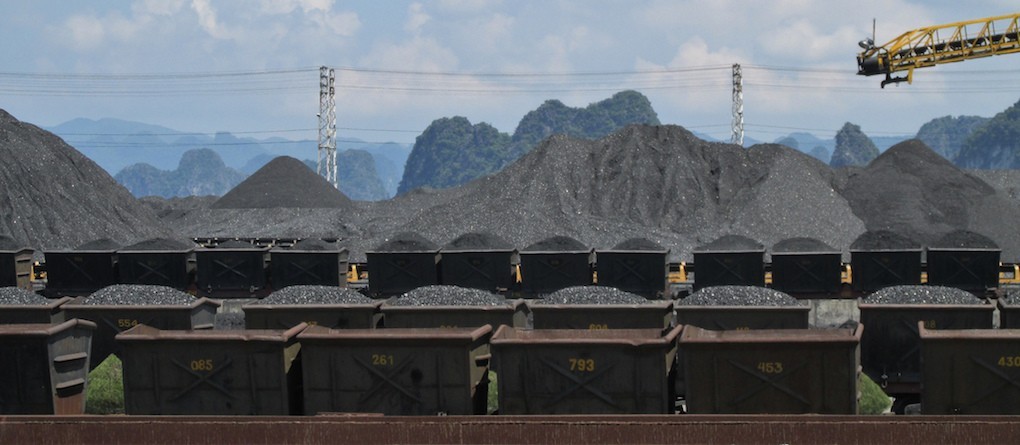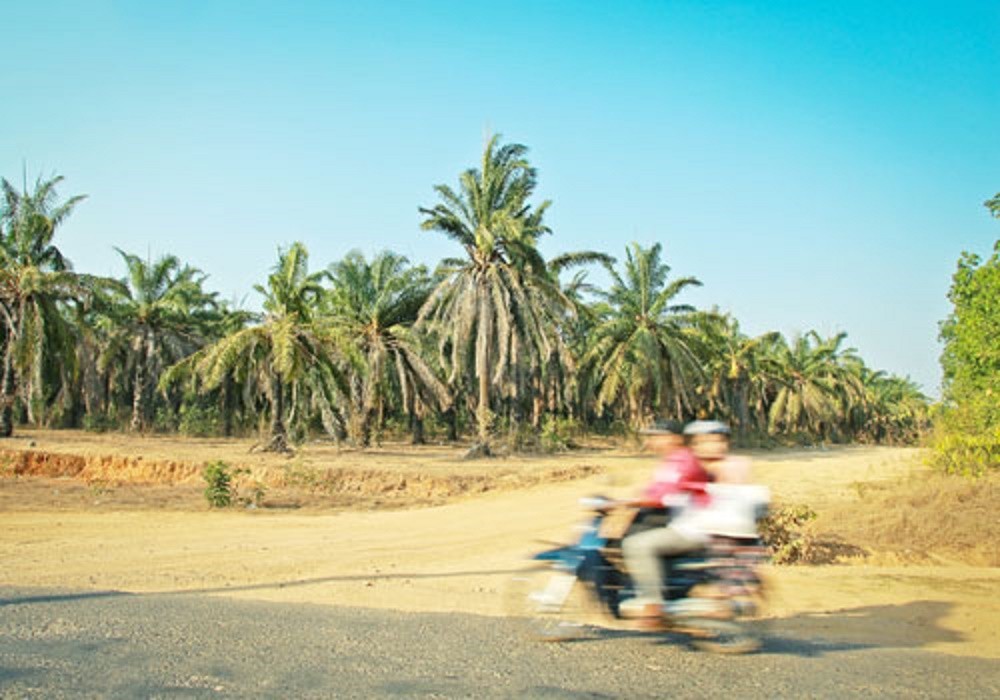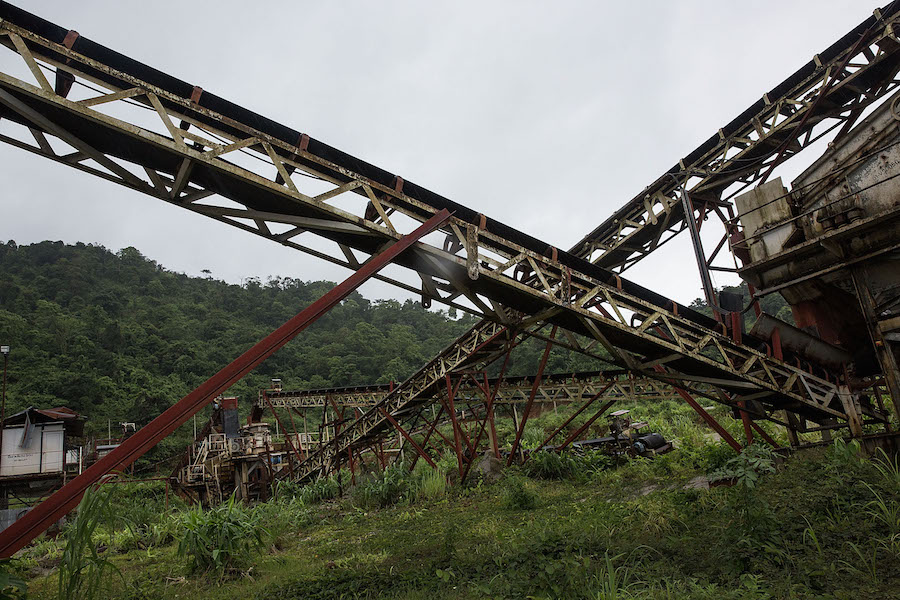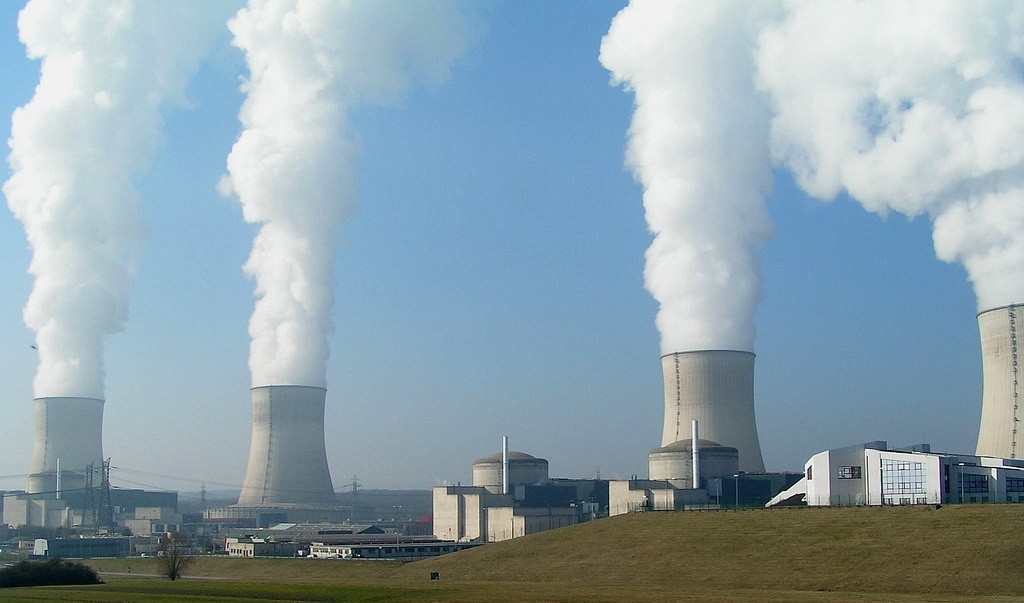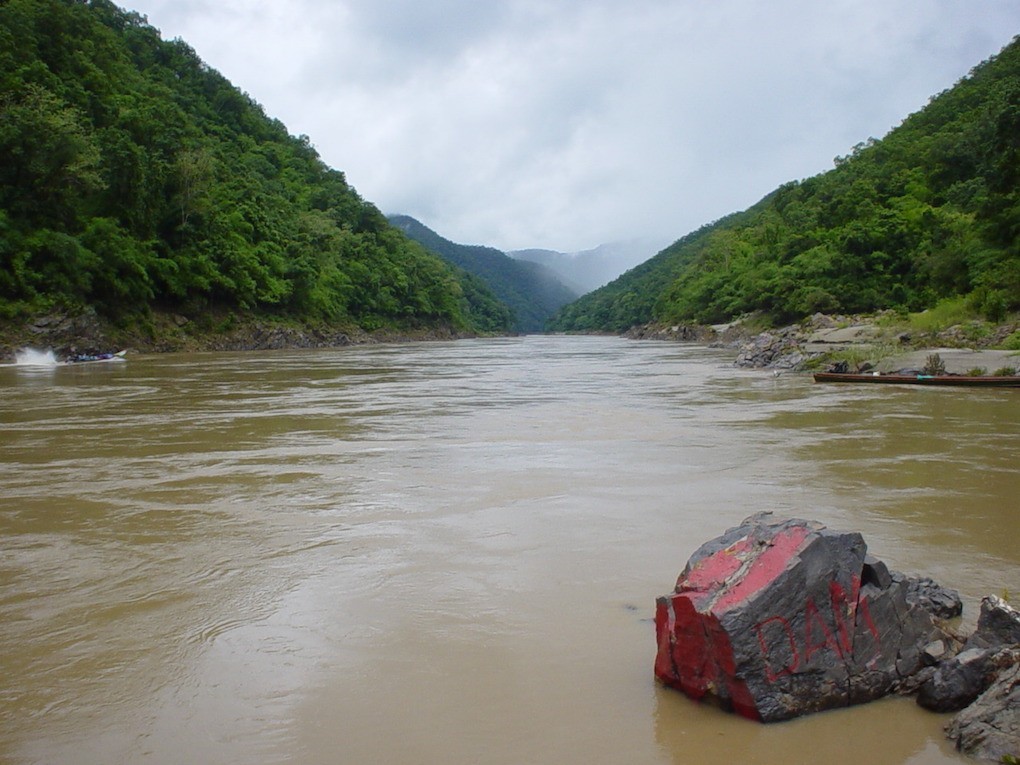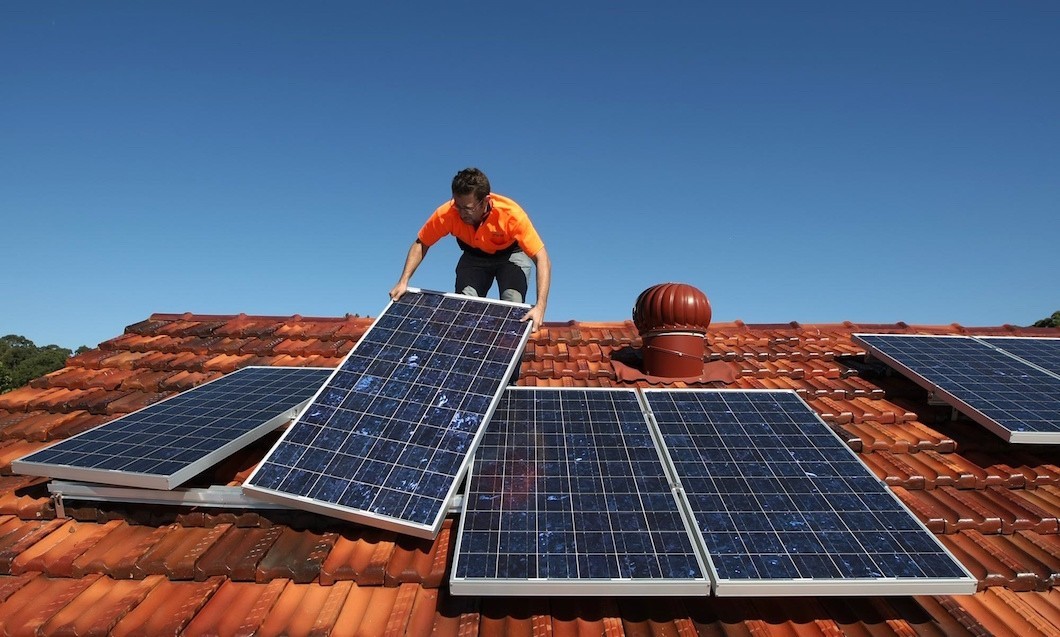Earlier this month, Japan announced a three-year, $7 billion investment deal with the countries of the lower Mekong River to boost development and improve infrastructure. In an email interview, Phuong Nguyen, an associate fellow with the Southeast Asia program at the Center for Strategic and International Studies, discussed Japan’s relations in Southeast Asia.
Tag: energy
Scientists recommend fewer coal power plants
Vietnam Scientists are concerned that coal power plants would still provide 50 percent of the nation’s total electricity output in the future.
Scientists recommend fewer coal power plants
Vietnamese state agencies have been insisting on the necessity of continued development of coal power plants, affirming that this is the best solution for Vietnam as coal power is cheaper than wind and nuclear power.
However, scientists have argued that coal power is not as cheap as thought, saying that the price Vietnam has to pay for coal power would be very high if counting all the expenses related to social and environment problems.
Dawei locals launch campaign against Chinese oil refinery plans
This quiet stretch of coast just south of Dawei is today used mostly for swimming and fishing by local villagers or the occasional tourist (see related story).
But the northern area of the bay is set to become part of a Chinese plan to build Myanmar’s largest oil refinery – which controversially received approval in the final days of former president U Thein Sein’s administration.
Dawei residents protest against $3 billion oil refinery
A collection of civil society groups in the southern city of Dawei has begun to actively protest a Chinese-led US$3 billion proposal to build Myanmar’s largest oil refinery on their doorstep.
Local businesses, civil society organisations and villagers are circulating a petition calling for the new National League for Democracy-led government to reconsider the project – which received approval on the last full day of former president U Thein Sein’s administration.
Local residents were hardly involved in the approval process, according to the appeal, which suggests the environmental effects of the 100,000-barrels-per-day project may be catastrophic.
More than 2000 people from six villages have signed the petition, according to the Dawei Development Association.
US Preps Cambodia for Nuclear Energy
The US Department of Energy (DOE) held a workshop on “Nuclear Safeguards and the Additional Protocol” at Phnom Penh’s Sunway Hotel yesterday, highlighting the need for more technical knowledge and greater information sharing on nuclear power in Cambodia.
The workshop comes on the heels of a visit by Russian Prime Minister Dmitry Medvedev last November, when the two countries signed a “memorandum on nuclear cooperation” that revealed the government’s efforts to obtain nuclear power with assistance from Russian experts.
Will China save its last undammed river?
In a remote corner of southwestern China, close to the Myanmar border, the towering Nu River gorge narrows to a frothy boil of rushing water, its powerful flow creating swirling eddies.
Thrown across the river from one rock face to the other hangs a flimsy suspension bridge. “No entrance” reads a sign on its locked and rusting gate. “For construction only.”
The abandoned bridge is the sole hint here of a lengthy environmental battle that may be nearing its end. For more than a decade, activists have fought a state-owned hydropower company’s plans to build giant dams on the Nu, the last natural river in China. Now, dam opponents say they scent victory.
Energy evolution
Growing awareness of the impact of air pollution and global warming have been driving more investments in energy from renewable sources and moving green energy to the top of many government policy agendas.
In Southeast Asia, finding the right energy mix is a major challenge as countries strive to ensure that economic growth and environmental protection are compatible.
“The challenge faced by developing countries is balancing the cost of electricity and conservation of the environment,” Dr Maximus Johnity Ongkili, Minister of Energy, Green Technology and Water of Malaysia, said at Sustainable Energy & Technology Asia (SETA) 2016 held in Bangkok late last month.
Holding back the sun: Thailand, solar energy and the “base load myth”
Thailand’s Energy policymakers recently announced plans to allow the private sector more access to promote solar power in the Kingdom. But restricting the program to just 100 MW of roof-top installations runs counter to emerging advice from within and experience from abroad, that solar power, and renewables generally are the way forward— not the large, unnecessary energy projects at home and in neighboring countries now driving Thailand’s energy policy.
At the core of this transition is debunking the myth of what’s known as base load: managing that minimal amount of power that is needed 24 hours a day to meet demand. Since electricity demand fluctuates hourly, with peak production in the afternoon when offices, air conditioners, and factories are in full operation, versus the wee hours of the morning when things are more cool and quiet, some power plants run all day long and others just supplement supply when electricity needs rise. Traditional fossil fuel plants have longtime been advanced to service this base load, and Thailand is no different. But techniques in demand management and the ability of solar in particular to meet the high demands during the day can reduce the need for these plants.
Doubts raised over Chinese oil refinery plan
A Chinese-led US$3 billion plan to build Myanmar’s largest oil refinery near the southern city of Dawei has raised questions about China’s strategic intentions in launching apparently commercially unviable projects, while local groups have already signalled their opposition.


